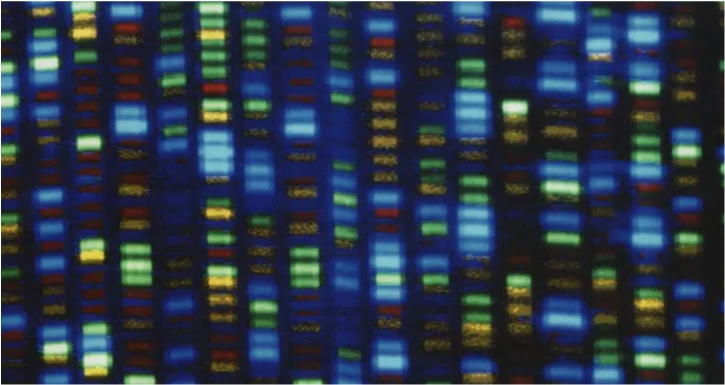
Scientists have embarked on an ambitious project to revolutionize genetic studies by developing a more comprehensive reference genome, called a “pangenome.” The current reference genome, derived from the DNA of one individual known as “the guy from Buffalo,” lacks diversity and fails to represent the full range of human genetic variation. To overcome this limitation, researchers have assembled a pangenome comprising genetic material from 47 individuals representing various global populations. The groundbreaking Human Pangenome Project, depicted as a collection of stacked genomes, aims to accurately portray the genetic diversity of the human species.
The ongoing pangenome project has already begun unveiling fresh insights into the intricate connections between genetics, health, and disease. By incorporating a broader range of genetic information, scientists can now discern between normal genetic variations and potentially harmful ones. This improved understanding of genetic diversity will enhance the accuracy of genetic testing, facilitate drug discovery, and enable the advancement of personalized medicine.
The pangenome encompasses DNA sequences from individuals with diverse ancestral backgrounds, including African, American, Caribbean, Asian, and European ancestries. Despite human genomes being over 99% identical, researchers focus on the unique variations that exist.
While immediate benefits for patients may not be realized, the research conducted under the pangenome project is expected to yield significant improvements in genetic diagnostics in the future. Medical professionals will be able to compare an individual’s genetic variations against the diverse range of references within the pangenome, facilitating more precise diagnoses of genetic conditions. Moreover, deeper insights into genes associated with diseases, such as cardiovascular conditions among African Americans, will enable researchers to investigate previously unexplained cases with newfound knowledge.
The Pangenome Project has the potential to make groundbreaking discoveries, leading to a comprehensive understanding of the genetic foundations of diseases. The consortium overseeing the research, which forms part of the Human Genome Reference Program, is committed to expanding the reference collection to include sequences from 350 individuals. This expansion will involve collaborations with international partners, with a particular focus on Indigenous populations.
Supported by funding from the U.S. National Institutes of Health, the Pangenome Project represents a long-term commitment to unraveling the complexities of human genetics. Scientists anticipate that this monumental endeavor will pave the way for transformative advancements in healthcare, ultimately benefiting individuals around the world.